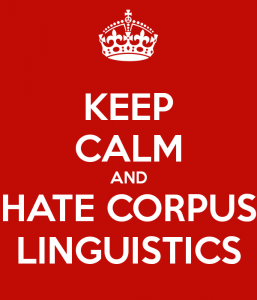 I’ve been obsessed lately. I was up at 5 A.M. yesterday and drove to Ruidoso to do some hiking (trails T93 to T92, if interested). The San Augustin Pass was desolate as the sun began breaking over, so I inched up into triple digit speeds in the M6. Because that is what the machine is made for. Booming across White Sands Missile Range, I recalled watching base police work with National Park Rangers to chase oryx down the highway while early F117s practiced touch-and-gos at Holloman in the background, and then driving my carpool truck out to the high energy laser site or desert ship to deliver documents.
I’ve been obsessed lately. I was up at 5 A.M. yesterday and drove to Ruidoso to do some hiking (trails T93 to T92, if interested). The San Augustin Pass was desolate as the sun began breaking over, so I inched up into triple digit speeds in the M6. Because that is what the machine is made for. Booming across White Sands Missile Range, I recalled watching base police work with National Park Rangers to chase oryx down the highway while early F117s practiced touch-and-gos at Holloman in the background, and then driving my carpool truck out to the high energy laser site or desert ship to deliver documents.
I settled into Starbucks an hour and a half later and started writing on ¡Reconquista!, cranking out thousands of words before trying to track down the trailhead and starting on my hike. (I would have run the thing but wanted to go to lunch later and didn’t have access to a shower. Neither restaurant nor diners deserve an après-run moi.) And then I was on the trail and I kept stopping and taking plot and dialogue notes, revisiting little vignettes and annotating enhancements that I would later salt in to the main text over lunch. And I kept rummaging through the development of characters, refining and sifting the facts of their lives through different sets of sieves until they took on both a greater valence within the story arc and, often, more comedic value.
I was obsessed and remain so. It is a joyous thing to be in this state, comparable only to working on large-scale software systems when the hours melt away and meals slip as one cranks through problem after problem, building and modulating the subsystems until the units begin to sing together like a chorus.… Read the rest




